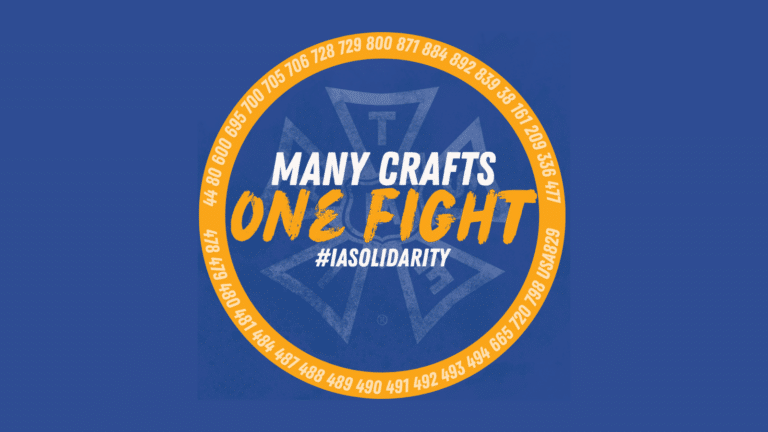Indigenous People’s Day reimagines the formerly named Columbus Day and shifts from a celebration of colonialism into an opportunity for reflection on the experiences and history of Native Americans and to reveal a more accurate history of the United States that is taught in schools, museums and public spaces. For many years, Columbus Day has been a painful reminder of the genocide, oppression and violence that Indigenous peoples experienced across America at the hands of European explorers and colonizers. The ramifications of these injustices are still apparent and impact Indigenous life today.
The idea of replacing Columbus Day with Indigenous Peoples Day originated in 1977 at the U.N. sponsored “International Conference on Discrimination against Indigenous Populations in the Americas” in Geneva, Switzerland. Fourteen years later, activists in Berkeley, California, convinced the Berkeley City Council to declare October 12 a “Day of Solidarity with Indigenous People.” A movement to appropriate Columbus Day as Indigenous People’s Day has been growing since, with many states making the change official. The day now recognizes that Native people are the first inhabitants of the Americas and encourages Americans to reevaluate our history. It is a day to organize against current injustices and to celebrate Native American resistance.
Indigenous People’s Day is celebrated the second Monday of October, October 11 this year. Today, 14 states as well as the District of Columbia celebrate Indigenous People’s Day and not Columbus Day. Ways to help celebrate this day include: reading indigenous history or literature, attend an event hosted by a Native American organization or group, learn about issues that Indigenous peoples are currently facing, or host an indigenous film screening and discussion.
IATSE’s Diversity, Equity and Inclusion Committee sends solidarity and respect to the Indigenous Sisters, Brothers and Kin of our great alliance.










